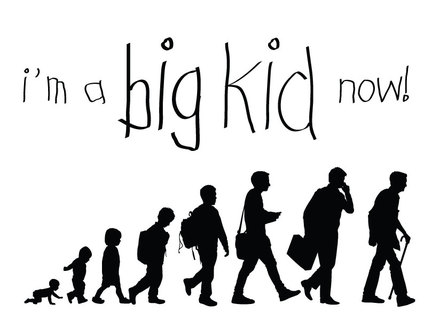It’s your job as a parent to make sure they are ready, and in this case, doing more means doing less. As your child progresses through high school you need to do less in order to allow them to do more. This is called a graduated release of responsibility. It’s hard. It’s scary. It’s sometimes messy, but it’s necessary.
Not sure where or how to start? In our work with students we’ve identified a subset of skills we believe all college-bound students need in order to succeed.
- Be in the habit of checking email daily. This is easy. Kids have phones on them. Help them set up a professional sounding email address and link it to their phone. What’s key, though, is having some meaningful information be sent via email. You can put in your child’s email address, for example, on the coach’s email list, or on the group emails sent from the high school counselor, or anything else. You can also email your child links to articles that are relevant to things you’ve discussed. If they are going to check it, there has to be information there worth checking. Cultivate that content for them to establish this habit.
- Know how to keep their schedule. This is a big one. Kids can and should make their own appointments, know when those appointments are, and get themselves there on time. Kids need to learn to communicate with others to keep their commitments and prioritize their time accordingly. They will mess up; resist the urge to jump in and take over. We learn by doing, and that means mistakes. Mistakes are okay. Mistakes are good. Mistakes are learning.
- Understand failure is normal. Failure is a normal part of life. But the perception of high-stakes in college admissions has many teenagers (and parents) petrified of failure. In business school, they teach you to pivot when you fail (because failure is more normal than success in business). Kids need to learn this in life, too. Failure is a sign to make changes, adjust accordingly, move forward in a different fashion, try something else. Failure is not a referendum on your propensity to succeed. Colleges don’t want perfect snowflakes (really). So embrace failure and teach your kids to pivot.
- Think long-term. Teenage brains are hard-wired for short-term rewards. Model and practice goal setting, both short and long term. Teenagers are capable of doing it, but it doesn’t come natural to them, yet (not until their pre-frontal cortex is fully developed. This happens sooner for girls than boys).

 RSS Feed
RSS Feed
